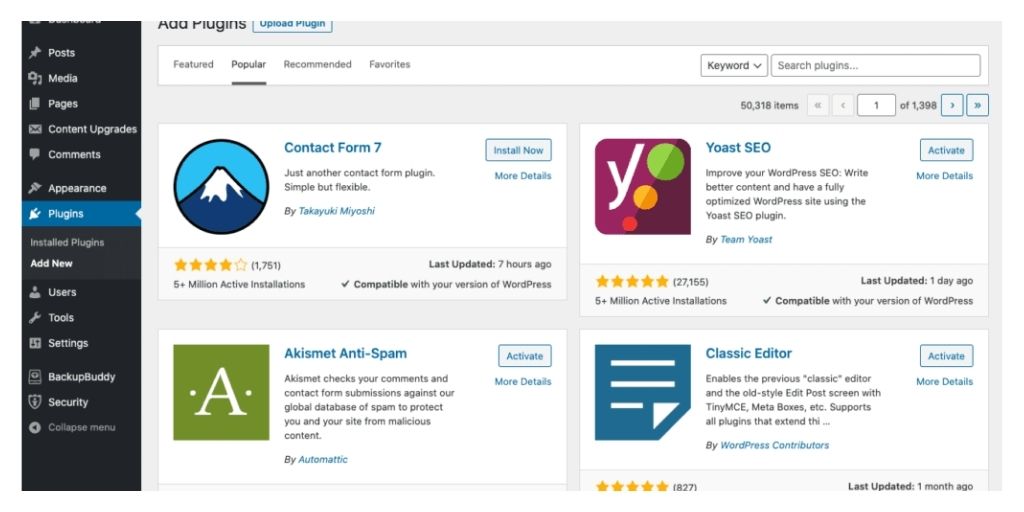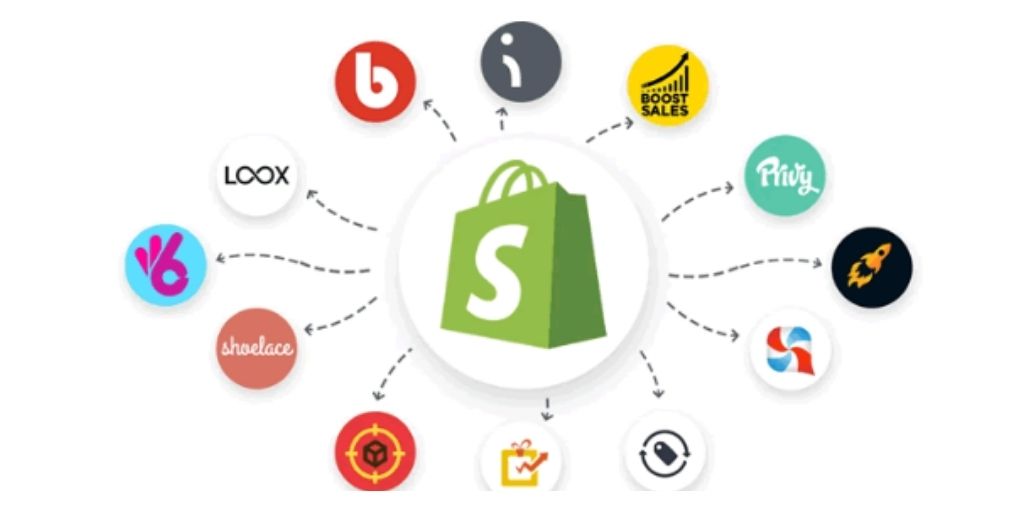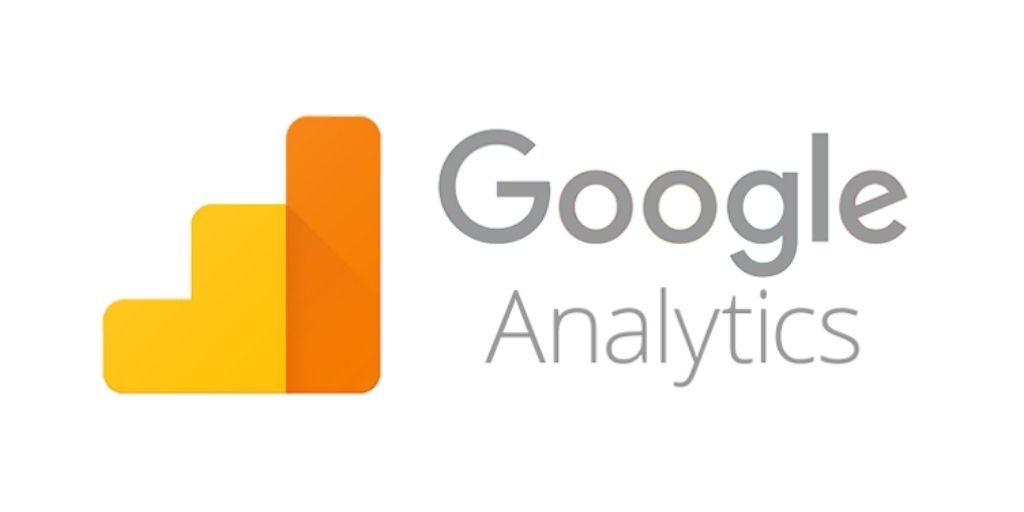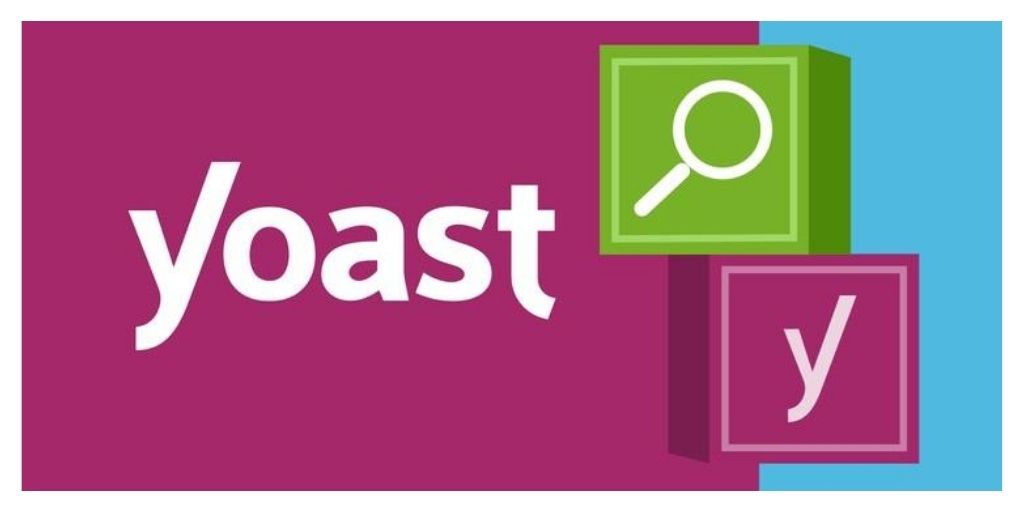
Managing web presence is important in today’s competitive market. A strong online presence boosts your marketing efforts, spreads your brand, and helps you connect with your customers.
Don’t know where to start? Well, there are thousands of website management tools available on the market. Below are the five most useful ones to consider-
1. WordPress

WordPress is quite a popular content management tool. This tool makes it easy to update your website with new blog posts, stories, and more. There is a plethora of useful plugins and resources that help you create and update your website.
It is an easy-to-use tool with several features, such as –
Simple
WordPress has a simple interface, which makes this tool easy to use. You don’t need to be a pro in coding to build a responsive website. WordPress makes it possible to build and manage a great website within minutes.
Flexible
Not only is WordPress simple to use, but it also a versatile platform. Whether you want to create a website, blog, or portfolio, you can do anything with this tool.
Cost-Effective
WordPress is a free-to-use website management tool. Thus, it is a budget-friendly option for small scale and large scale businesses.
2. Adoric

If you are looking for a one-stop solution for all the marketing needs of a Shopify store, then Adoric.com is a great choice for you. It offers a customized journey to convert your visitors into customers. This platform provides you with advanced tools for creating personalized live website engagements.
With more than 10,000 free graphic elements, a myriad of templates, friendly analytics, text variable options, and many other features, you can update your website the way you want. Besides, you can integrate this tool into dozens of other apps you love.
3. Shopify

It is an e-commerce platform that makes it easy for beginners to customize their own online stores. It provides you with exceptional customer support that guides you throughout the website creation process.
You can easily integrate Shopify with your hosting. There is a separate app store that can be used for downloading add-ons to provide different functions, like social media, shipping, etc.
4. Google Analytics

Google Analytics is another useful and free-to-use tool for analyzing your website’s performance. While not every recommendation applies to every small business, but every business with a website should use this tool.
It provides comprehensive information and insights, including-
- What website pages get the most traffic?
- How much time the visitors spend on your website?
- How people found your website?
- Who are the visitors based on their demographics?
- How many visitors converted into your customers?
And, the list isn’t complete yet! This information is crucial for understanding how visitors react to your website.
5. Yoast SEO

Another great tool you can use to improve your website’s marketing resources is Yoast SEO. It is a free-to-use tool for WordPress with several upgrade options. Some of the best features of this tool are-
Reports
Yoast allows you to add data quickly and correctly. So, you have faster indexing and valuable search results.
Current
When your most important pages haven’t been updated for months, Yoast will notify you. This way, it helps you keep the content fresh.
Conclusion
These are some of the tools that can help you manage your website. However, you don’t have to invest in every option available on the market. Choose the one that suits your needs and helps you boost your brand online.